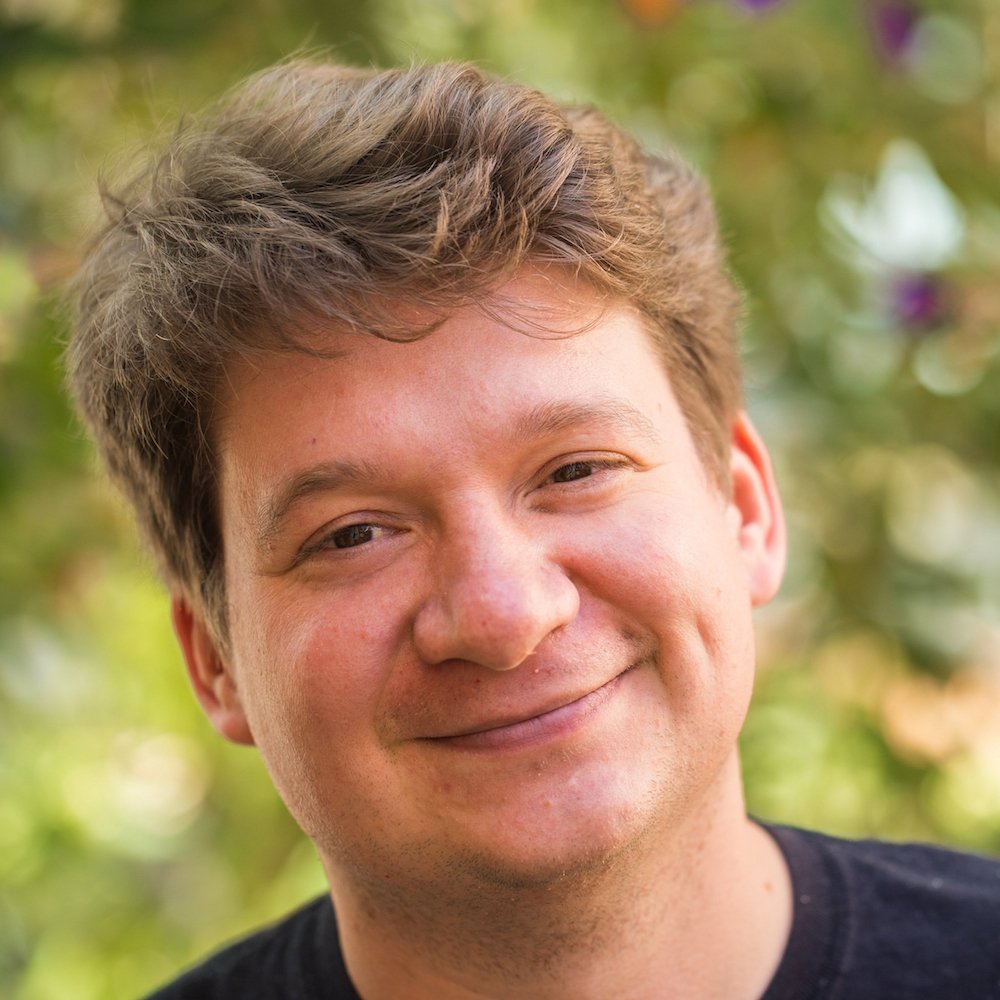Cyclic peptide structure prediction and design using AlphaFold
Tuesday May 9th, 4-5 pm EST
Stephen Rettie (top) — PhD student, University of Washington
Simon Kozlov (bottom) — Computational Biology Fellow, Harvard
Deep learning networks offer considerable opportunities for accurate structure prediction and design of biomolecules. While cyclic peptides have gained significant traction as a therapeutic modality, developing deep learning methods for designing such peptides has been slow, mostly due to the small number of available structures for molecules in this size range. I will describe our approaches to modify the AlphaFold network for accurate structure prediction and design of cyclic peptides, and computational methods for designing sequences of peptide backbones generated by other backbone sampling methods and for de novo design of new macrocyclic peptides. X-ray crystal structures for seven sequences with diverse sizes and structures designed by this approach match very closely with the design models. These computational methods and scaffolds provide the basis for custom-designing peptides for targeted therapeutic applications.
Preprint: https://www.biorxiv.org/content/10.1101/2023.02.25.529956v1
Github Notebook: https://github.com/sokrypton/ColabDesign/blob/main/af/examples/af_cyc_design.ipynb
Recording Link: https://youtu.be/SDxy5E8fvXY
Stephen obtained his bachelors in Microbiology at the University of Washington. Shortly afterwards, he worked as a Research Scientist at the Institute for Protein Design, providing peptide synthesis and mass spectrometry support. Stephen began his Ph.D. in Molecular and Cellular Biology at the University of Washington in 2019, joining Gaurav Bhardwaj's lab. He is interested in computational design of bioactive cyclic peptides.
Simon earned his Masters in Physics with a focus on Computer Science from Novosibirsk State University. Following his studies, Simon worked on real-time 3D graphics at several companies, including Microsoft and Roblox, later transitioning to machine learning and computer vision. Most recently, he joined Sergey Ovchinnkov's lab at Harvard as a Fellow to work on computational protein design using machine learning.

